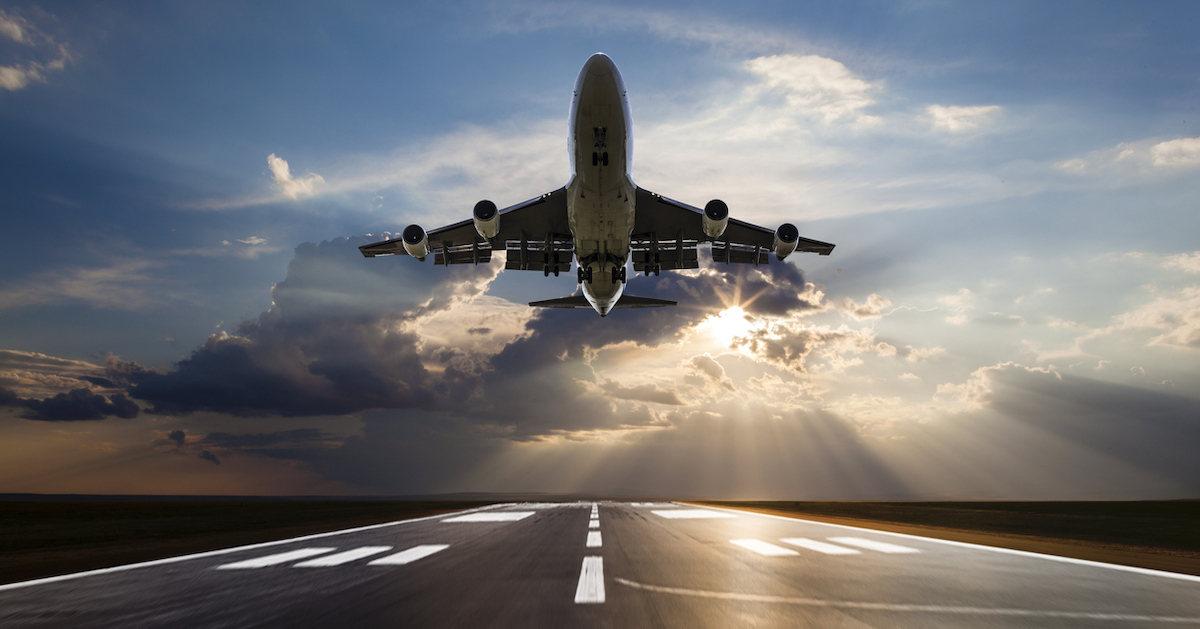Cyber Crime
Cyber Crime At 30,000 Feet: How Digital Frauds Are Affecting Aviation Industry

KOLKATA: The tourism and airline industry was the most hit since the pandemic began, some have even gone to the extent of bankruptcy.
Even though the aviation industry is slowly picking up the pace and won’t be long until it comes back to the way it was before the pandemic, cybercrimes are not dipping anytime soon.
One may think that cyber fraud cannot be done in the highly secured airlines industry, but the cybercrime trend shows the cases of fraud involving the aviation sector is only increasing. Fraud in the travel business is on the rise, and airlines are particularly vulnerable due to the nature of the transactions involved (remote sales, large amounts, mobile fraudster population).
The amount of cyber-attacks, scams, phishing and bogus refund claims targeting airlines has skyrocketed in recent months.
The International Air Transport Association (IATA) estimates fraud costs the industry $1billion per year, which only adds to the $84 billion that the industry lost in 2020.
Some of the common cyber crimes that happen in the aviation industry are:
In-Flight Frauds – An unethical practice and mostly done by dishonest individuals, in-flight fraud refers to intentionally giving out fake payment details or using an expired card to get goods during a flight. When an individual buys products on a flight, his payment details are taken which are processed after the flight has landed and if any problems arise, the passenger is contacted later on. Just by using some brain, passengers can easily use this trick and get away with luxury goods for free.
Air-Miles Scam – Air miles are points gained by a passenger in return for the cost of the flight born by them. These points can be used to book more flight tickets, rent hotels, upgrade the seats or even rent cars. Air miles are not as secure as they should be because of which they can be traded or transferred easily by hacking someone’s account.
Employee Account Hacking– Access to an airline employee’s account would be extremely valuable: being able to book flights, issue bogus refunds, and upgrade tickets might earn a fraudster thousands of dollars. Conmen can easily hack into an airline employee’s account and misuse these benefits to save some cash.
PoS Hacking– Another common way of booking tickets for free or at a discount is by getting into the Point of Sales (PoS) system that can be hacked using a special key or other attack vectors. Even though hackers must be in public, surrounded by cameras and security, this is a surprisingly prevalent method of hacking airlines to obtain free or discounted tickets.
Most of these frauds can be minimized and losses prevented by employing modern technologies in the aviation industry and letting go of manual labour techniques. Most of these cybercrimes are done by hackers online who use fake identities and catching them using modern tools and artificial intelligence is easier.
Follow The420.in on Facebook, Twitter, LinkedIn, Instagram, YouTube & Telegram
